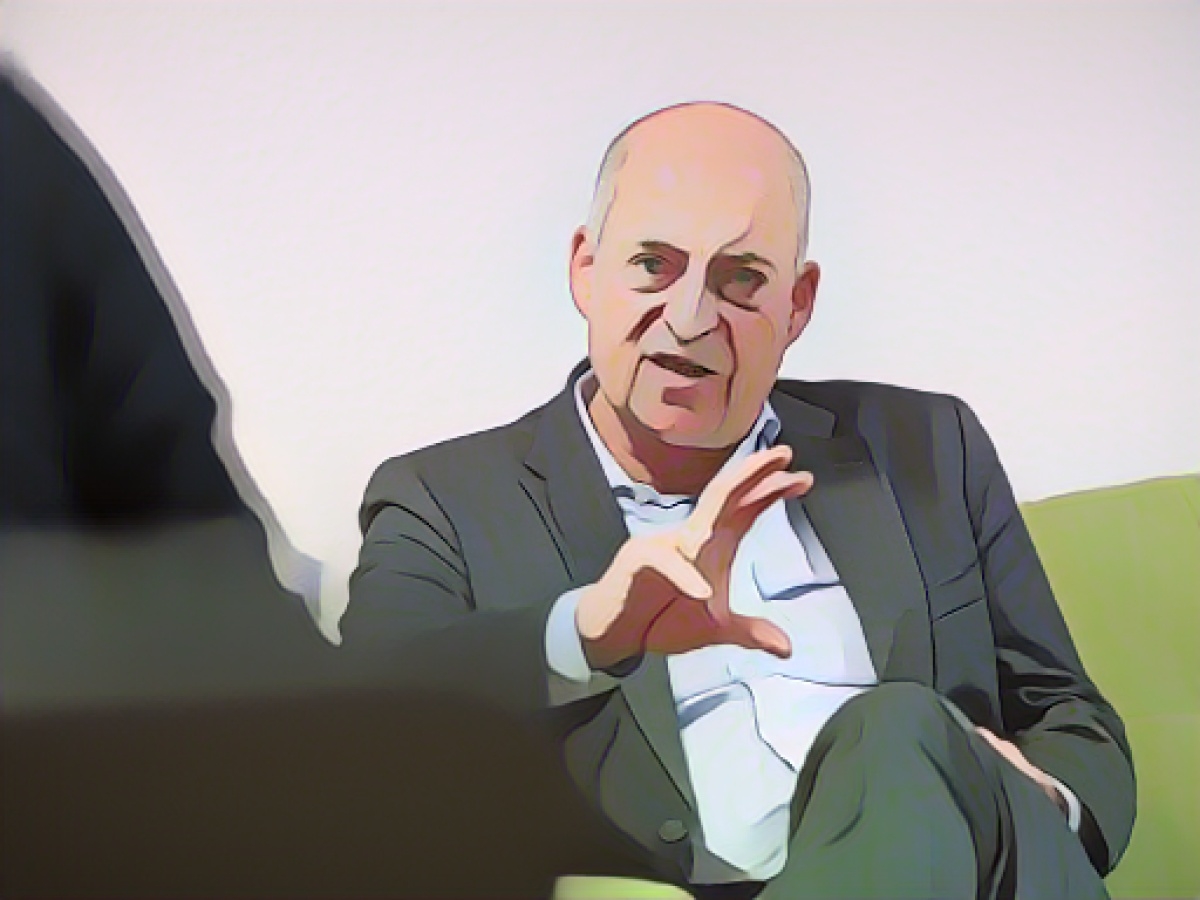Concerns about Rhineland-Palatinate as a business location
Entrepreneurs in Rhineland-Palatinate are concerned about economic development in the state. "I don't want to speak ill of Rhineland-Palatinate as a business location," said Karsten Tacke, Managing Director of the Rhineland-Palatinate Business Association (LVU), in Mainz. However, it is clear that economic development in Rhineland-Palatinate is slower than in other federal states and Europe and that the investment volume of domestic companies abroad is very high.
Economic output in the state fell comparatively sharply in the first six months of the year. According to the State Statistical Office, gross domestic product fell by 5.4 percent in price-adjusted terms compared to the same period last year. Nationwide, it fell by 0.3 percent in the same period. This puts Rhineland-Palatinate in last place in terms of economic growth in a state comparison.
"These are alarm signals, this has nothing to do with bad talk," Tacke told the German Press Agency. "It indicates that the general conditions for the location are not the best." According to the Managing Director, there are two main reasons for this development: The shortage of skilled workers and high energy prices.
"Every hour counts, we have a volume problem," warned Tacke. "We not only have a shortage of skilled workers, but also a shortage of labor." That is why demands for a four-day week or more training leave without reference to operational needs are completely out of the question for companies. "In the current situation, we should not be talking about less work, but about more work." Otherwise, there must also be concrete proposals on how to compensate for the shortage of manpower.
The DGB in Rhineland-Palatinate, on the other hand, is open to the four-day week. "It can be one of many instruments to ensure that we have working hours that suit our lives," said DGB head Susanne Wingertszahn. However, it is important for the union that a four-day week can only be accompanied by a reduction in working hours.
There is currently a nationwide pilot project in which employers can test the model over six months. The project, initiated by the management consultancy Intraprenör, is based on the model: 100 percent performance in 80 percent of the time with 100 percent pay. A study by the Hans Böckler Foundation, which is close to the trade union, came to the conclusion that the four-day week is well received by employees - at least in combination with equal pay.
LVU representative Tacke, however, insists on easier and faster access to the labor market for foreign skilled workers. "Reducing bureaucracy is the top priority here." This includes easier recognition of qualifications, simpler administrative procedures and fewer language requirements. "We have to turn every screw to get more working hours. We are very sluggish in our labor market policy thinking."
In order to improve the situation of companies in Rhineland-Palatinate in international competition, urgent and short-term measures must also be taken to reduce energy prices, Tacke warned. "In times of energy shortages and rising prices, we need to broaden the supply. This is the core task that politicians must face up to."
To this end, investments must be made in the expansion of renewable energies, for example. As a number of large companies in Rhineland-Palatinate have high energy requirements in many sectors, it will not be possible to cover this demand with renewable energies alone, said Tacke. According to him, energy prices will fall if supply increases. All proposals that lead to success are needed here. Temporary subsidies are one of them. "However, anyone who comes up with no solution at all must also commit to saying goodbye to certain industries," he said.
The Managing Director also mentioned the expansion of geothermal energy and hydrogen production as further measures. In general, the approval processes for renewable and climate-neutral energies need to be significantly streamlined and accelerated. "We don't have a knowledge problem, we have an implementation problem," he warned.
The economic policy discussed by Karsten Tacke, Managing Director of the Rhineland-Palatinate Business Association (LVU), emphasizes the need for easier access to foreign skilled workers and faster approval processes for renewable energy projects to address the state's economic challenges. Associations like LVU are advocating for measures that can reduce energy prices and increase supply, such as temporary subsidies and the expansion of geothermal energy and hydrogen production.
The economic policy of Rhineland-Palatinate's associations, like LVU, is particularly concerned with improving the state's business environment, which has been slow in economic development compared to other federal states and Europe. The high investment volume of domestic companies abroad is one of the indicators that highlight the need for better policies and conditions to stimulate economic growth and development in the region.
Source: www.dpa.com








